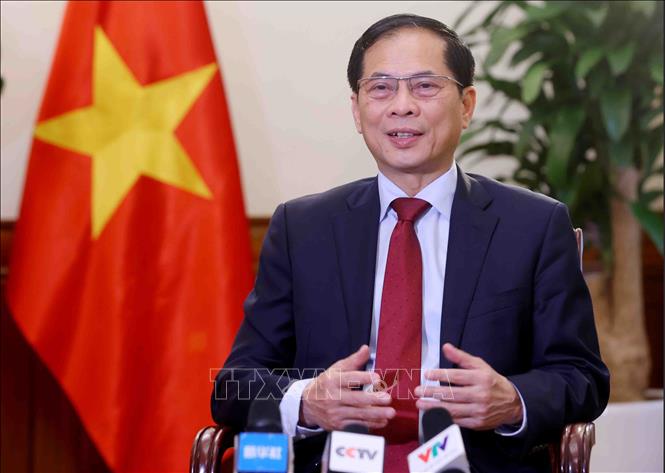
Deputy Prime Minister and Foreign Minister Bui Thanh Son answers questions from domestic and international press about upcoming foreign affairs activities. Photo: Pham Kien/VNA
Deputy Prime Minister and Minister of Foreign Affairs Bui Thanh Son, could you please tell us about the outstanding results in cooperation between Vietnam and China in recent times?
Vietnam and China are close neighbors, mountains connected to mountains, rivers connected to rivers, and the people of the two countries have a long-standing traditional friendship. Since the two sides established the framework of the Comprehensive Strategic Cooperative Partnership in 2008, especially after the historic mutual visits of the highest leaders of the two Parties and two countries in recent years, the bilateral relationship has made strong, comprehensive and remarkable developments in many fields. Specifically:
Firstly, political trust is enhanced through regular high-level visits and contacts, both bilaterally and multilaterally. After the official visit to China by General Secretary Nguyen Phu Trong (October 2022) and the third State visit to Vietnam by General Secretary and President of China Xi Jinping (December 2023), the two sides agreed to continue to deepen and further enhance the Comprehensive Strategic Cooperative Partnership, building a "Vietnam-China Community of Shared Future of Strategic Significance" in the direction of "6 more" (Higher political trust, More substantive defense and security cooperation, Deeper substantive cooperation, Stronger social foundation, Closer multilateral coordination and Better control and resolution of disagreements), opening up a new stage of development for bilateral relations.
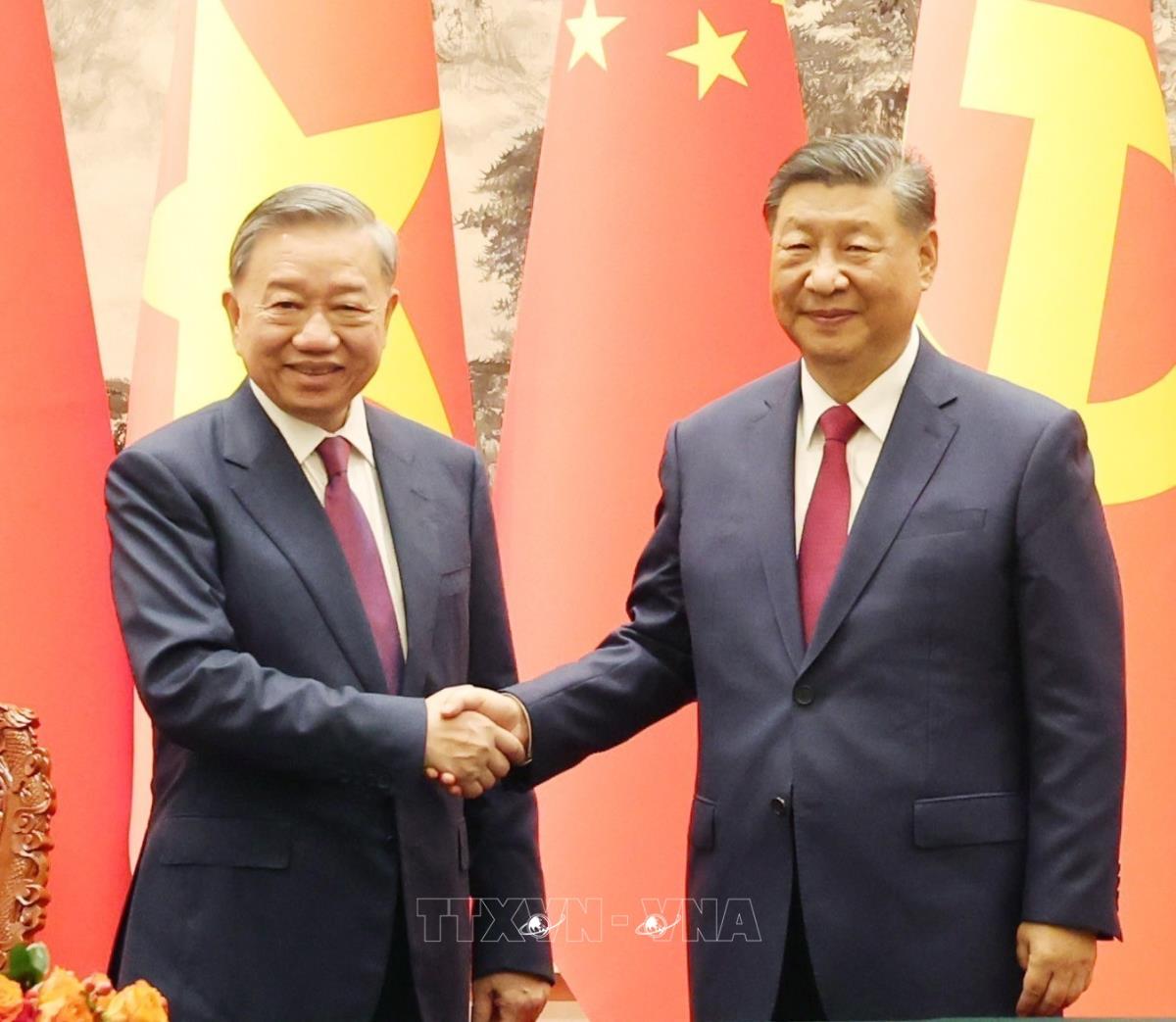
General Secretary and President To Lam and General Secretary and President of China Xi Jinping (August 19, 2024). Photo: Tri Dung/VNA
During the State visit to China by General Secretary and President To Lam (August 2024), key leaders of the two Parties and two countries continued to affirm that developing bilateral relations is a top priority, a strategic choice in the foreign policy and neighborly diplomacy of Vietnam and China, and agreed to further strengthen the Comprehensive Strategic Cooperative Partnership, promote the building of a "Community of Shared Future of Strategic Significance" between the two countries; thereby adding momentum to maintain the positive development momentum of bilateral relations, creating a strong spillover effect to all levels and sectors of both sides, forming a vibrant and practical cooperative atmosphere and promoting the achievement of many substantive results in all fields.
Multilaterally, the two countries have strengthened coordination and cooperation in international multilateral mechanisms such as the United Nations, the Asia-Pacific Economic Cooperation Forum (APEC), as well as regional ones such as the Greater Mekong Subregion (GMS) economic cooperation framework. Recently, Prime Minister Pham Minh Chinh attended the 8th GMS Conference in China (November 2024). With the motto "if you want to go far, go together", the leaders of Vietnam, China and member countries affirmed the friendly cooperation and solidarity between the countries; agreed to jointly realize the common aspiration and common vision for a bright future with common determination, common voice and common action for peace and prosperity in the region.
Along with that, the exchange and cooperation relations on the Party, National Assembly/National People's Congress, Fatherland Front/CPPCC channels and cooperation between ministries, branches and localities of the two countries, especially key ministries and branches such as diplomacy, defense, public security and border localities, have also been increasingly expanded and deepened, forming many effective and substantive cooperation mechanisms and programs.
Second, economic-trade cooperation, investment, and infrastructure connectivity have developed strongly. In 2024, economic-trade cooperation will continue to reach new heights, exceeding 200 billion USD according to Vietnam's statistics and 260 billion USD according to China's data. Vietnam continues to be the largest trading partner in ASEAN and China's 4th largest trading partner in the world. In the first 3 months of 2025, bilateral trade turnover between Vietnam and China reached 51.25 billion USD, an increase of 17.46%. China has become the largest export market for agricultural, forestry, and fishery products, bringing practical benefits to millions of Vietnamese farmers.
Regarding FDI investment, China is currently the 6th largest foreign investor in Vietnam with a total registered capital of 31.26 billion USD. The two sides have reached a common understanding on solutions for a number of pending projects. Infrastructure connection between the two countries, especially railways, has made many important advances. The two sides have cooperated closely in planning the Lao Cai - Hanoi - Hai Phong railway route. Vietnam strives to build this railway route in 2025 as well as complete the planning of the two railway routes Mong Cai - Ha Long - Hai Phong and Dong Dang - Hanoi in 2026; thereby contributing to facilitating the travel of people from the two countries as well as promoting trade in goods. The progress of piloting the construction of smart border gates between the two countries has made positive progress.
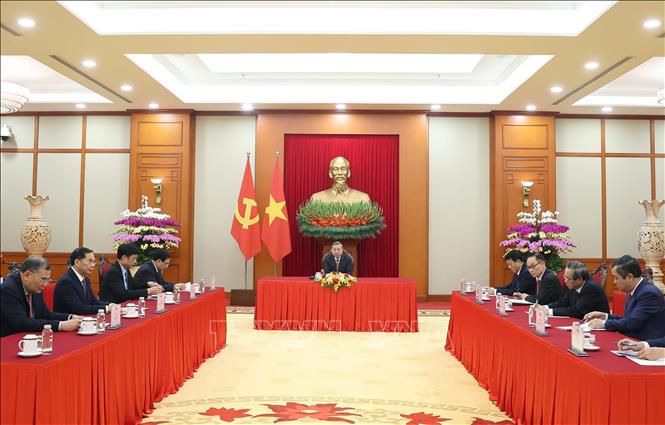
General Secretary To Lam had a phone call with General Secretary and President of China Xi Jinping on January 15, 2025. Photo: Thong Nhat/VNA
Third, on the occasion of the 75th anniversary of the establishment of diplomatic relations between the two countries (January 18, 1950 - January 18, 2025), in January 2025, General Secretary To Lam and General Secretary and President Xi Jinping had an important phone call, declaring the launch of the "Vietnam - China Year of Humanitarian Exchange", creating new momentum for people-to-people, cultural and tourism exchanges between the two countries, which have been taking place very vigorously in many diverse forms. Political-social organizations and localities on both sides have established and periodically organized many practical cooperation mechanisms and programs. Currently, there are about 24,000 Vietnamese students studying in China, double the number of the previous 5 years. In the tourism sector, after the COVID-19 pandemic, China continues to be the leading market sending visitors to Vietnam.
Fourth, the two sides control and properly handle disagreements, maintain peace and stability in the East Sea. On the basis of the “Agreement on basic principles guiding the settlement of maritime issues between Vietnam and China” signed in 2011 and the Government-level Negotiation Mechanism on Vietnam-China territorial borders, along with mechanisms for exchange and negotiation on maritime issues, the two sides have maintained regular exchanges, promoted timely settlement of arising issues, properly controlled disagreements, achieved a number of positive results, especially in cooperation in less sensitive areas at sea, contributing to maintaining peace and stability in the region and the world.
About 40 cooperation documents will be signed in a wide range of fields.
Deputy Prime Minister and Minister of Foreign Affairs Bui Thanh Son, could you please tell us about the significance and expectations of the State visit to Vietnam by General Secretary and President of China Xi Jinping, especially this year marking the 75th anniversary of the establishment of diplomatic relations between the two countries (January 18, 1950 - January 18, 2025)?
Taking place less than a year after the State visit to China by General Secretary To Lam, this State visit to Vietnam by General Secretary and President Xi Jinping is an important foreign political event of the two Parties and two countries, with strategic significance and long-term impact on the development of Vietnam-China relations in the context of the two countries entering a new era, a new era of development.
This is the fourth visit to Vietnam by Comrade Xi Jinping as the highest leader of the Party and State of China and the second visit during the 13th National Congress of the Communist Party of Vietnam and the 20th National Congress of the Communist Party of China; especially taking place during the "Year of Humanitarian Exchange", commemorating the 75th anniversary of the establishment of Vietnam - China diplomatic relations (1950 - 2025).
During the visit, General Secretary and President Xi Jinping is expected to hold high-level talks with General Secretary To Lam and President Luong Cuong, and meet with Prime Minister Pham Minh Chinh and National Assembly Chairman Tran Thanh Man to discuss measures, directions and major orientations to promote bilateral relations in various fields. In addition, Comrade Xi Jinping will also participate in a number of other important foreign affairs activities.
The leaders of the Party and State of Vietnam are looking forward to and expecting that the visit will achieve good results in the following aspects:
Firstly, to strengthen high-level strategic exchanges, especially regular contacts between the top leaders of the two Parties and two countries; thereby further solidifying the foundation of political trust, sharing experiences in governance and national development, and orienting the stable and healthy development of bilateral relations in the context of the complicated developments in the international and regional situation.
Second, identify major directions and key areas for cooperation in various fields; raise the level of substantive cooperation between the two countries towards increasingly high quality, efficiency and sustainability; promote the creation of "bright spots" in high-level cooperation, especially in areas where Vietnam has demand and China has strengths such as standard gauge railways, agricultural trade, science and technology, education and training, digital economy, green economy... to meet the aspirations and interests of the people of the two countries. It is expected that during the visit, ministries, branches, agencies and localities of the two sides will sign about 40 cooperation documents in a series of fields, creating an important foundation for more effective cooperation in the coming time.
Third, spread the positive effects of the visit to all levels, sectors, and people of both sides; promote the successful implementation of the Vietnam-China Humanitarian Exchange Year 2025, enhance friendly exchanges between mass organizations, socio-political organizations, and expand cooperation between localities of the two countries; thereby enhancing mutual understanding and trust, promoting traditional friendship, and consolidating a good public opinion foundation for bilateral relations.
Fourth, through exchanges in the spirit of frankness, sincerity, substance, mutual understanding, and putting ourselves in each other's shoes, we can properly handle existing border and territorial issues, better control and resolve disagreements at sea according to high-level common perceptions, and not let maritime issues affect the healthy development of relations between the two Parties and two countries, contributing to maintaining peace, stability, cooperation and development in the region as well as in the world.
The visit will take place in just a few days. I believe that with the high regard, close coordination and careful preparation of both sides, the fourth State visit to Vietnam by General Secretary and President Xi Jinping will be a great success in all aspects, becoming a new milestone in the friendly neighborly relationship, the Comprehensive Strategic Cooperative Partnership, and the Vietnam-China Community of Shared Future of strategic significance.
Further promote cultural, educational and tourism cooperation
Deputy Prime Minister and Minister of Foreign Affairs Bui Thanh Son, could you please tell us about the significance of the Vietnam-China Humanitarian Exchange Year for the relationship between the two countries?
During the State visit to China by General Secretary To Lam in August 2024, the top leaders of the two Parties and countries agreed to define 2025 as the "Vietnam-China Humanitarian Exchange Year" on the occasion of the 75th anniversary of the establishment of diplomatic relations between the two countries. This is an important common perception of the top leaders of the two countries, born in the context of the Vietnam-China relationship after being upgraded to a new position of "Community of Shared Future of Strategic Significance" (December 2023), with a strong and comprehensive transformation in the direction of "6 more".
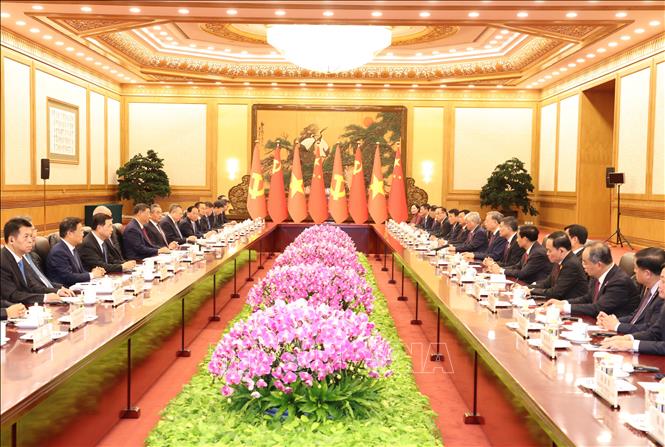
General Secretary and President To Lam holds talks with General Secretary and President of China Xi Jinping during his State visit to China in August 2024. Photo: Tri Dung/VNA
The implementation of the Vietnam - China Humanitarian Exchange Year has a number of important implications for the relationship between the two Parties and two countries, namely:
First of all, this is an opportunity for both sides to review the journey and pay tribute to the great contributions of previous generations of leaders of the two Parties and two countries, specifically President Ho Chi Minh and Chairman Mao Zedong, who personally built and cultivated the "close Vietnam-China relationship / both comrades and brothers", laying a solid foundation for the friendly neighborly relationship and comprehensive cooperation between Vietnam and China today.
Second: The Year of Humanitarian Exchange is a driving force and an opportunity for both sides to further promote cultural, educational and tourism cooperation; coordinate and widely implement friendly exchange activities; thereby helping people of both countries to better understand each other's culture, country and people. Especially for the young generation of both countries to follow in the footsteps of their predecessors, inherit, preserve and continuously promote the good values of traditional friendship - a precious common asset of the two Parties, two countries and people of Vietnam and China.
Third: The year of humanistic exchange is a “catalyst”, a glue for ministries, sectors, localities, and people’s organizations of the two countries to enhance cooperation and exchanges, together effectively implementing high-level agreements and common perceptions, especially the Joint Statements and signed documents; thereby bringing more substantial achievements to bilateral relations, making practical contributions to the strong and prosperous development of each country in the new era, new era.
Fourthly, through the above mentioned activities and positive results, we will contribute to consolidating and strengthening the social foundation of bilateral relations, creating a positive and trusting atmosphere, beneficial for controlling disagreements, negotiating and effectively resolving existing issues in bilateral relations, contributing to maintaining peace, stability and development in the region and the world.
Deputy Prime Minister and Minister, please evaluate the potential and significance of Vietnam-China science and technology cooperation in realizing the goals of each country, especially for Vietnam in the era of development?
After more than 45 years of reform and opening up, China has made great strides in the field of science and technology, from being a latecomer to becoming a science and technology powerhouse, ranking third in the world in terms of investment in research and development (R&D) and leading the world in the number of patents. Recently, China has continuously announced many outstanding technological achievements in key areas such as artificial intelligence (AI), 5G network, automatic robots, semiconductor chips, space technology, etc., making the world admire. It can be said that in just over 40 years, China has gone a distance that many other countries took more than 2 centuries.
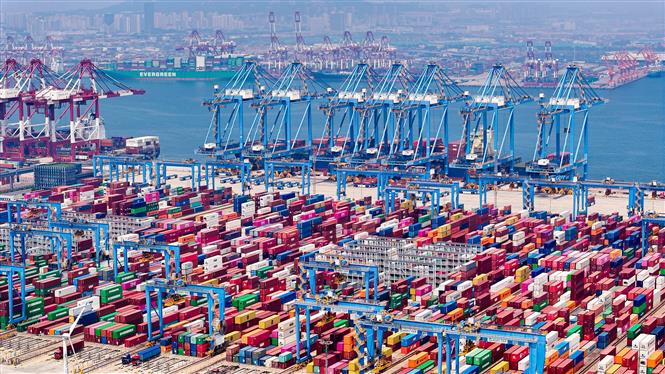
View of a cargo port in Qingdao, Shandong province, China. Photo: THX/TTXVN
In Vietnam, the Party and State always promote and attach special importance to the decisive role of science and technology in the sustainable development of the country. In recent years, many important political documents have been issued to demonstrate this spirit, especially Resolution No. 57-NQ/TW dated December 22, 2024 of the Politburo on breakthroughs in science, technology, innovation and national digital transformation; which emphasizes the guiding viewpoint that "Developing science, technology, innovation and national digital transformation is a top priority breakthrough, the main driving force for rapidly developing modern productive forces, perfecting production relations, innovating national governance methods, developing the socio-economy, preventing the risk of falling behind, and bringing the country to breakthrough development and prosperity in the new era".
To contribute to the implementation of the set strategic development goals and visions, Vietnam wishes to promote its existing advantages in terms of abundant labor resources with increasingly improved quality, increasingly complete investment attraction policies and mechanisms, and a market with great potential for investment in research and development (R&D) to strengthen and expand international cooperation in the fields of science and technology, innovation, national digital transformation, and participate deeply in the global production and supply chains of high technology and key technologies.
China's success has created a strong driving force for the world's progressive forces, bringing new development opportunities for the modernization process of developing countries, including Vietnam. The potential and space for scientific and technological cooperation between Vietnam and China is enormous. Vietnam is ready to further deepen scientific and technological cooperation with China, in which it hopes that China will strengthen cooperation in training high-quality human resources, technology transfer and capital support in this field to create a solid foundation when Vietnam and China both enter a new era, a new era of prosperous development for the two peoples.
Sincerely thank Deputy Prime Minister and Minister of Foreign Affairs Bui Thanh Son!
VNA/Tin Tuc Newspaper
Source: https://baotintuc.vn/thoi-su/chuyen-tham-cua-tong-bi-thu-chu-tich-nuoc-trung-quoctap-can-binhden-viet-nam-co-y-nghia-chien-luoc-20250411204618708.htm



![[Photo] Prime Minister Pham Minh Chinh chairs the meeting of the Government Party Committee Standing Committee](https://vstatic.vietnam.vn/vietnam/resource/IMAGE/2025/8/23/8e94aa3d26424d1ab1528c3e4bbacc45)

![[Photo] General Secretary To Lam attends the 80th Anniversary of the Cultural Sector's Traditional Day](https://vstatic.vietnam.vn/vietnam/resource/IMAGE/2025/8/23/7a88e6b58502490aa153adf8f0eec2b2)



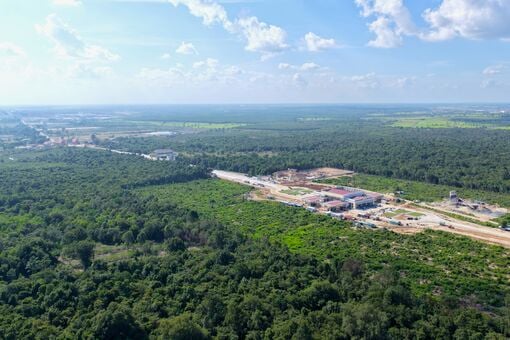

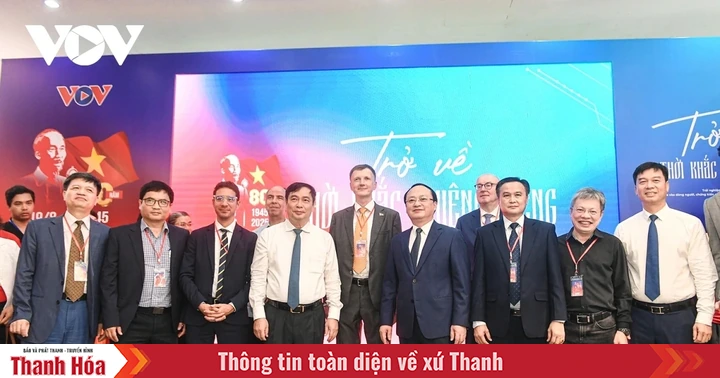

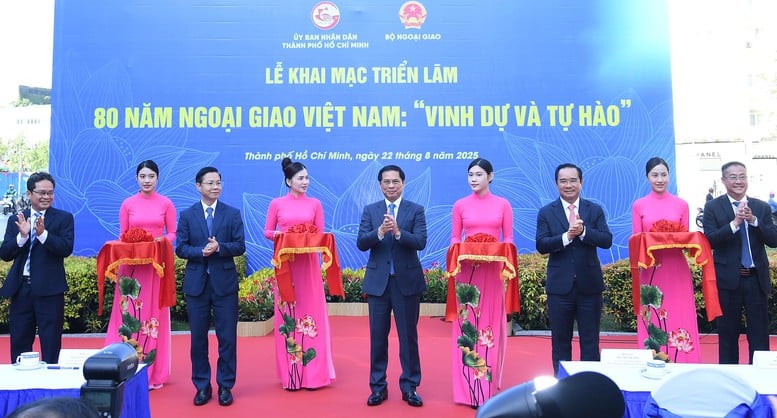

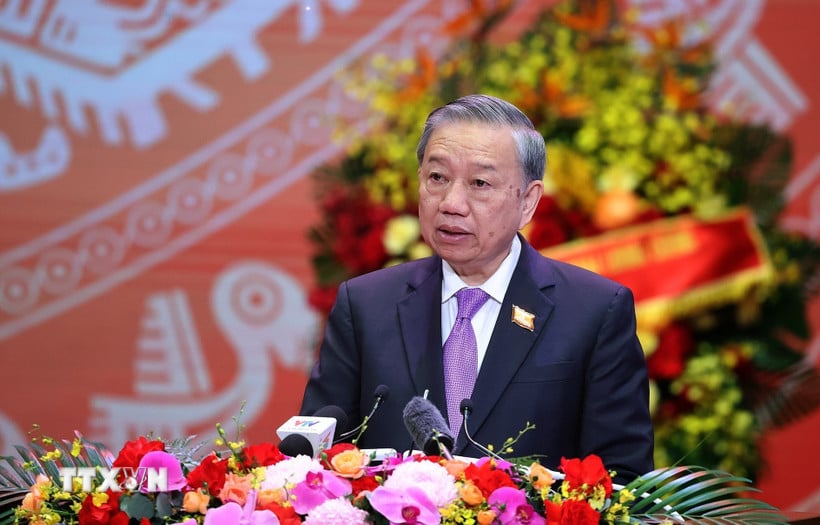

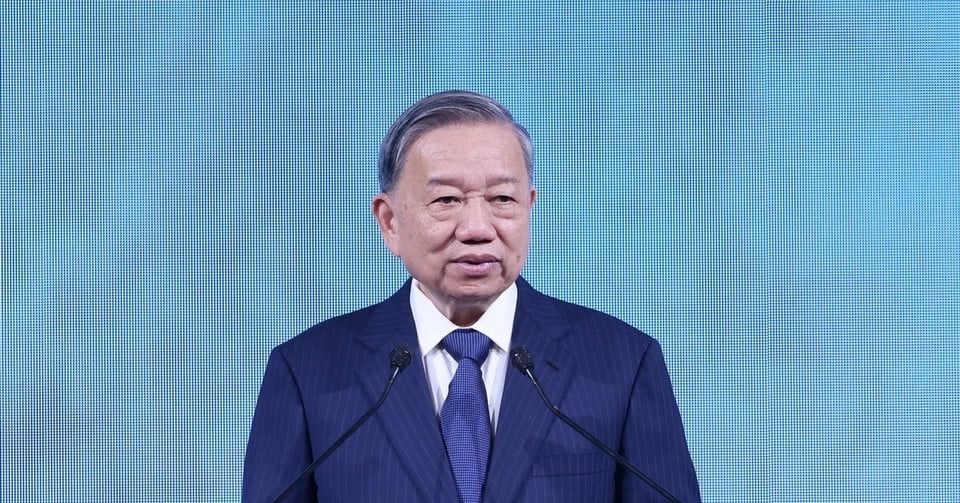
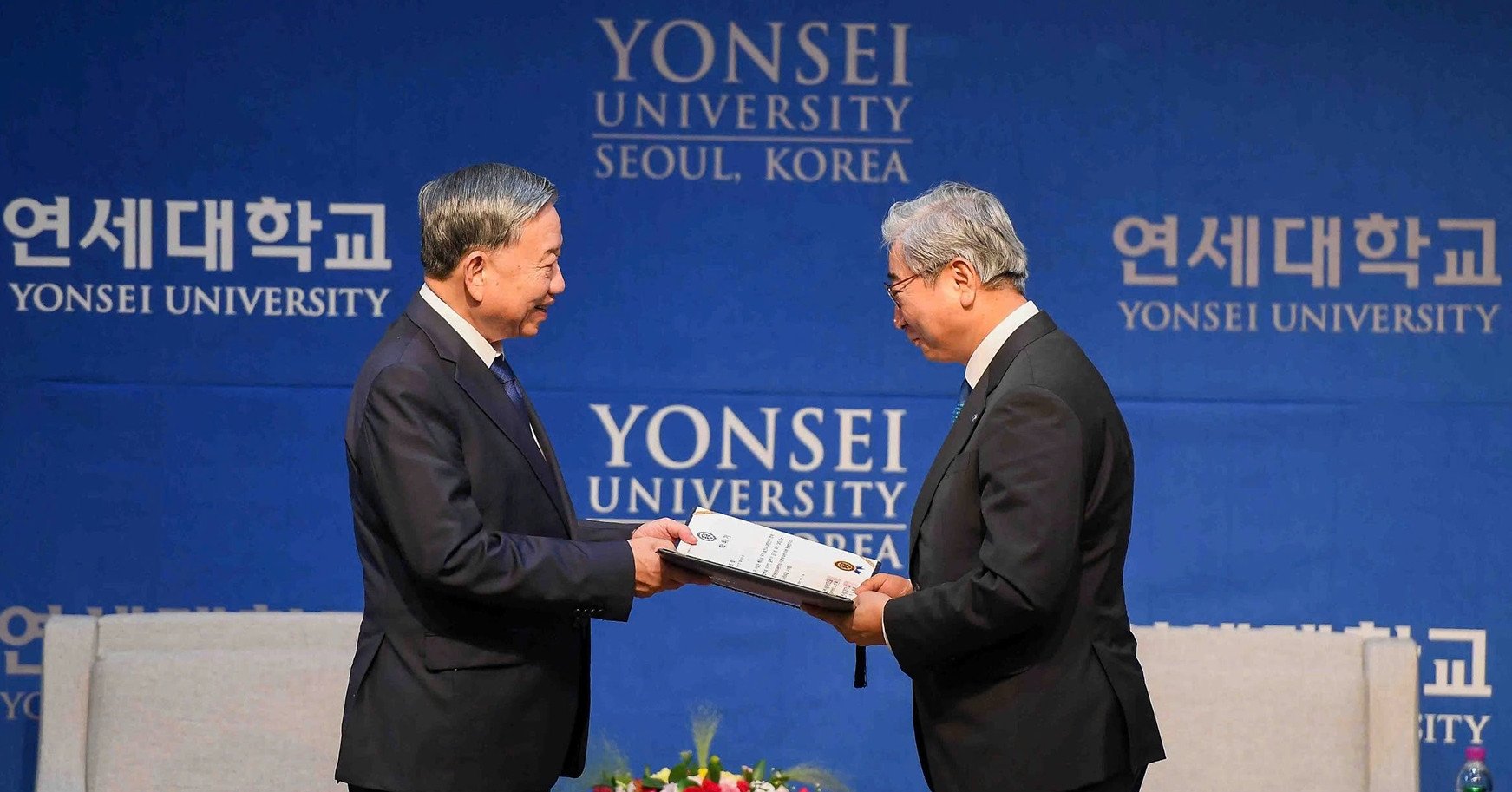


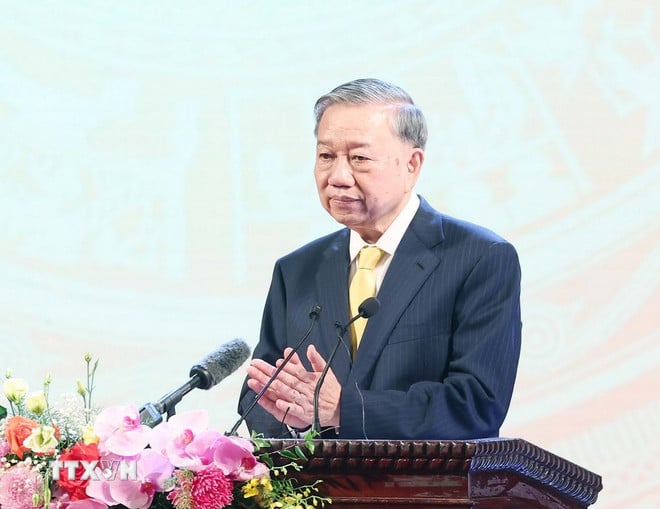

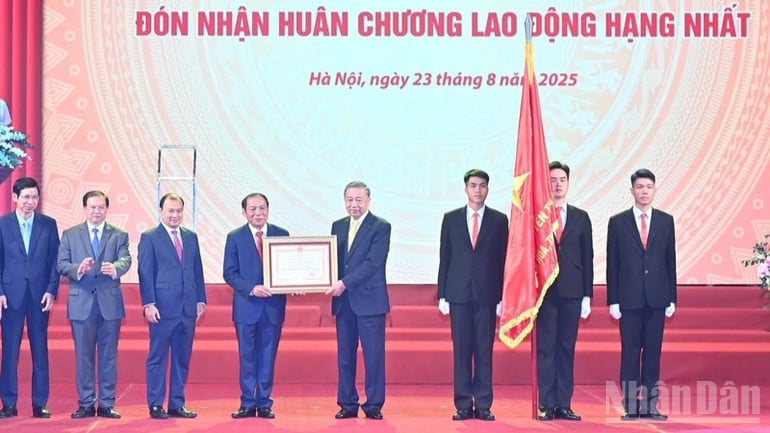

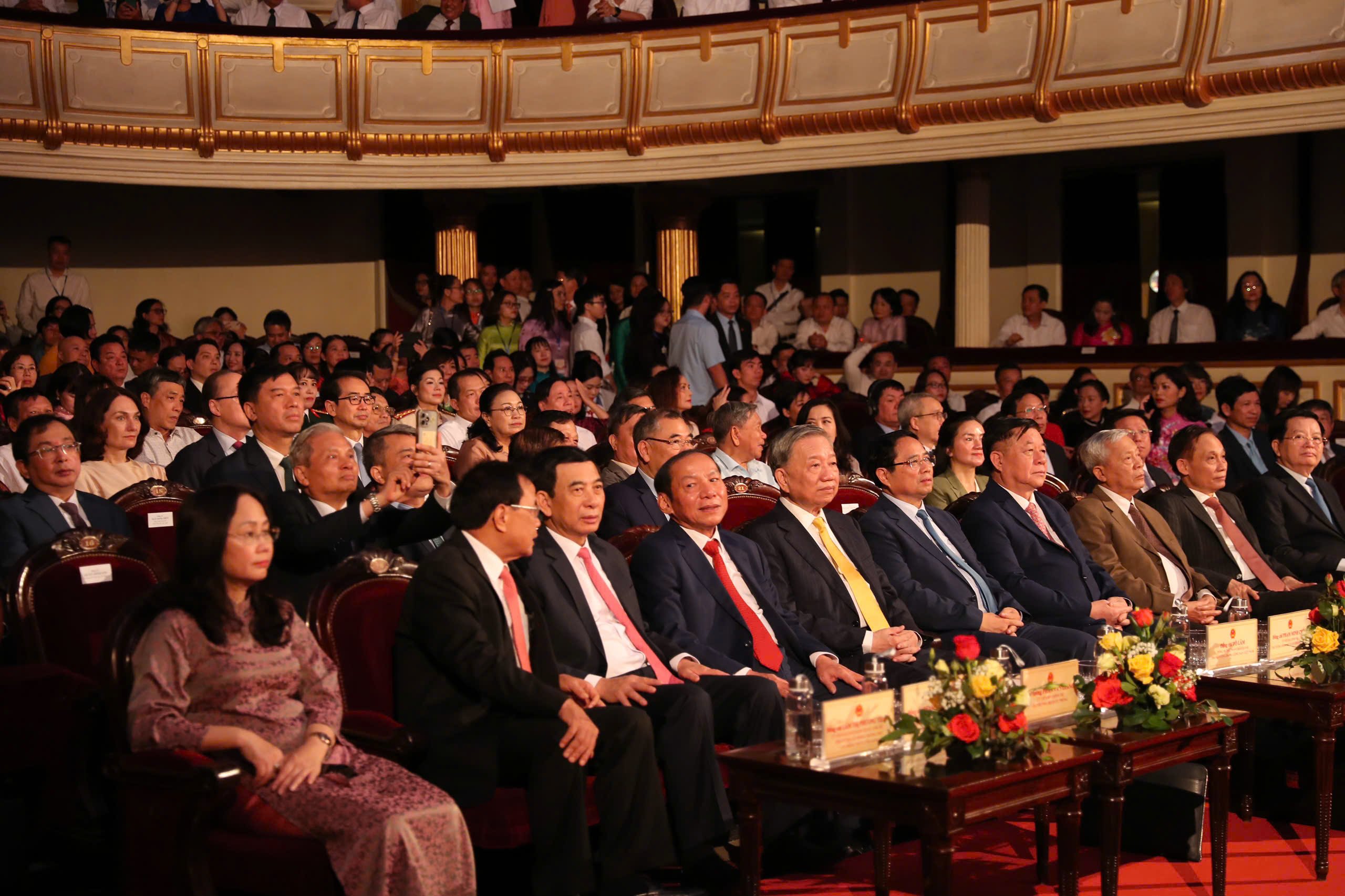


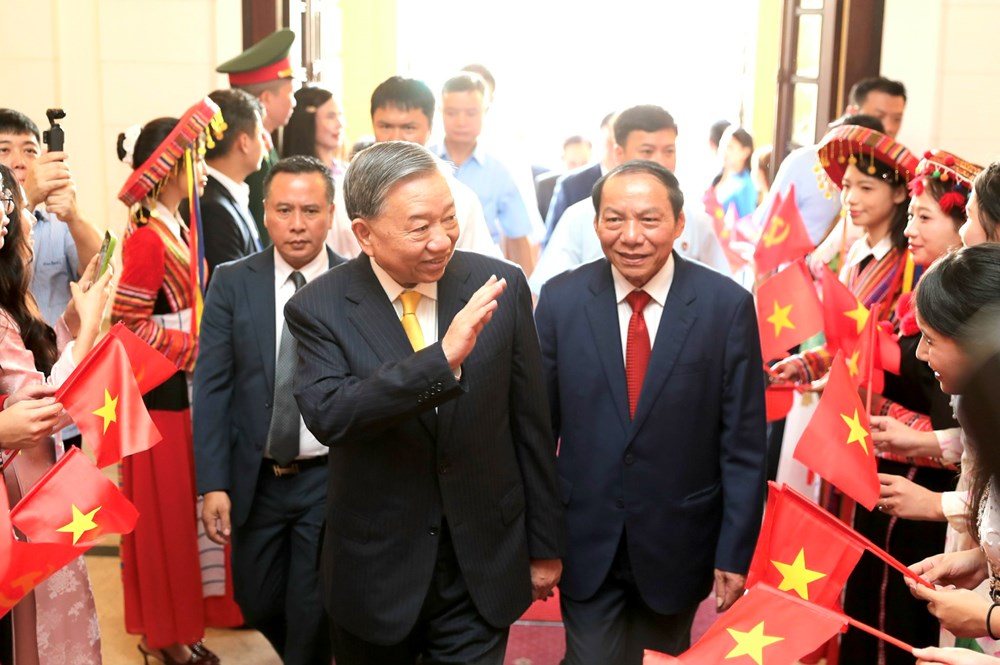





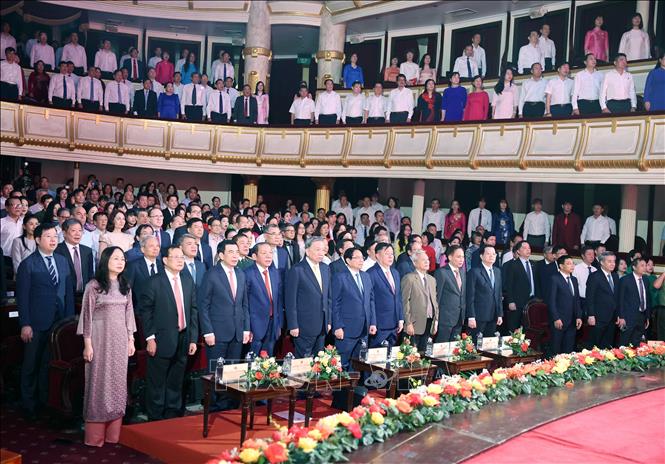

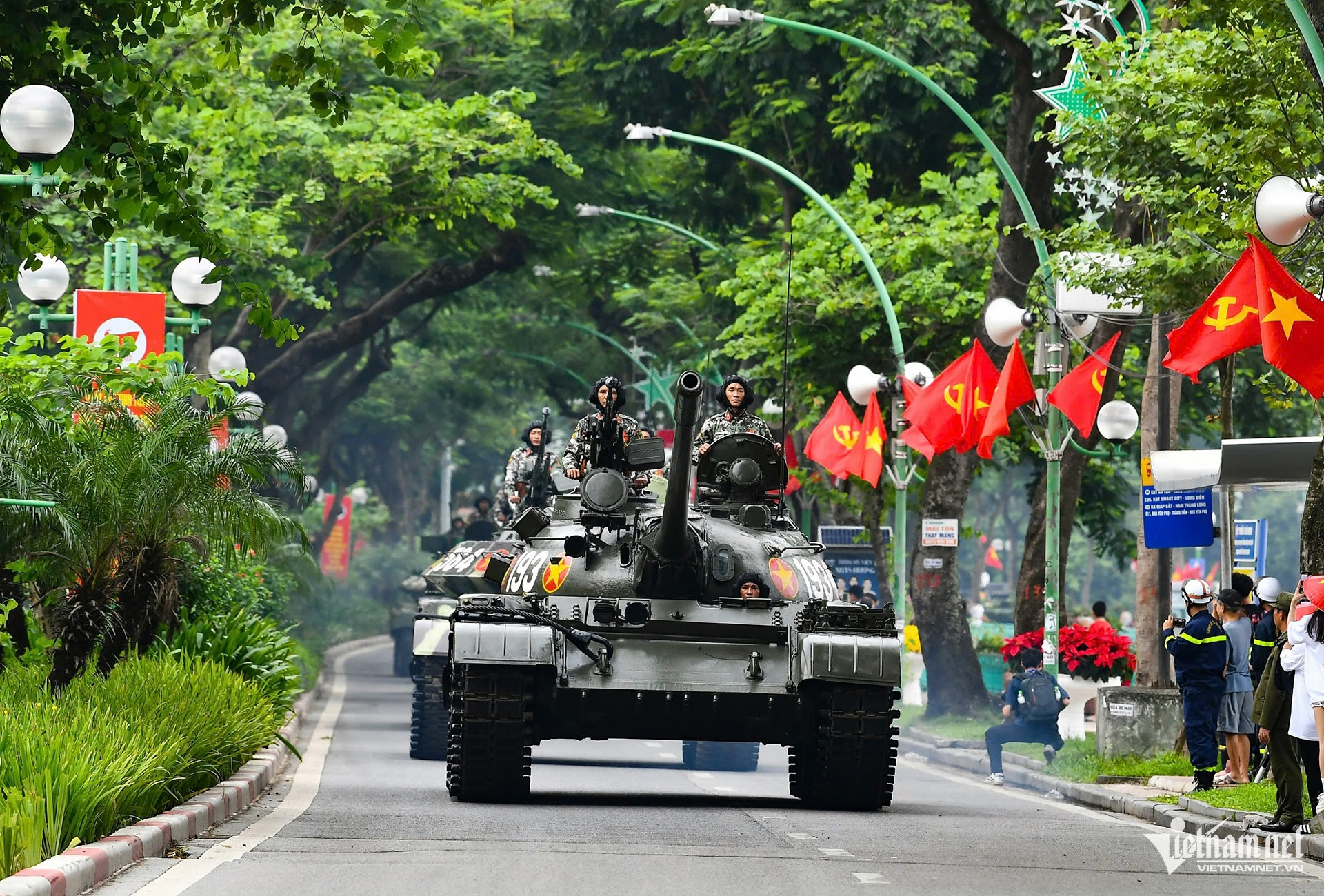
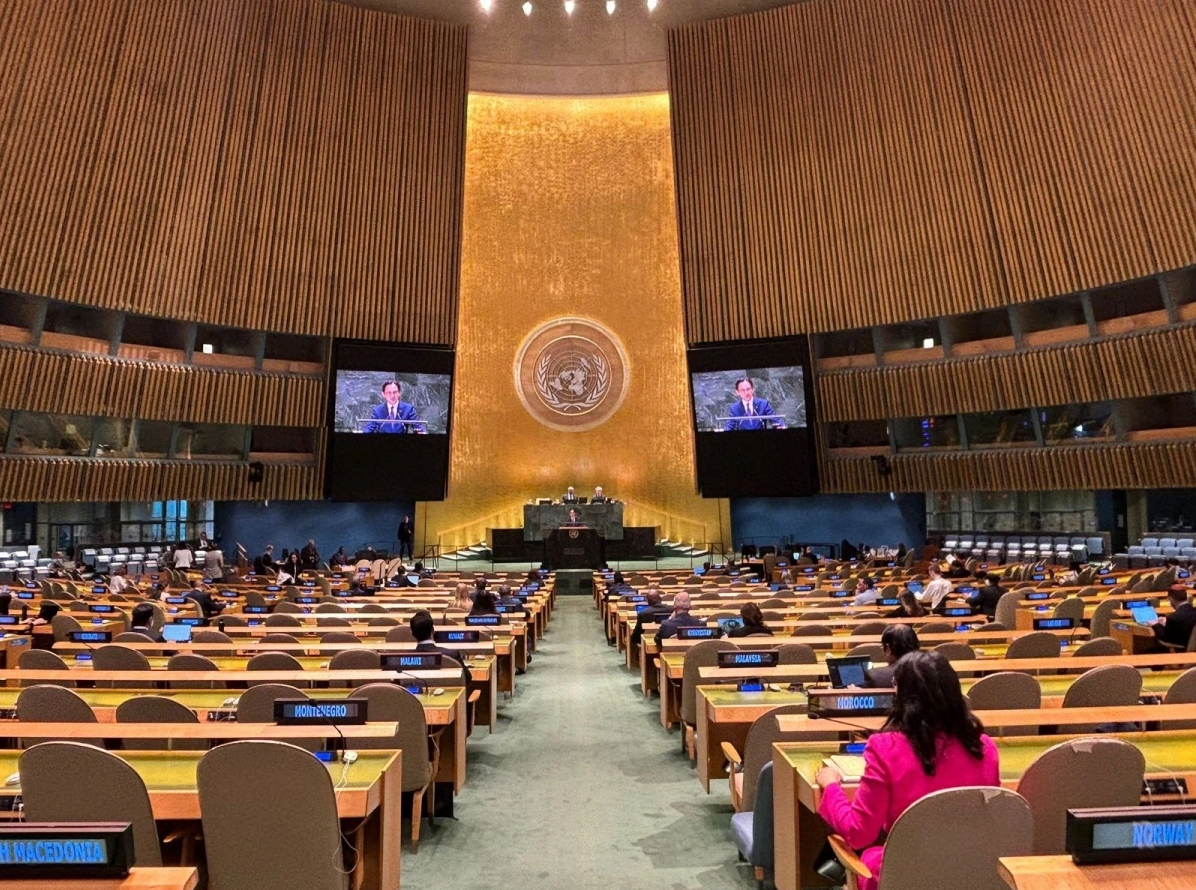








































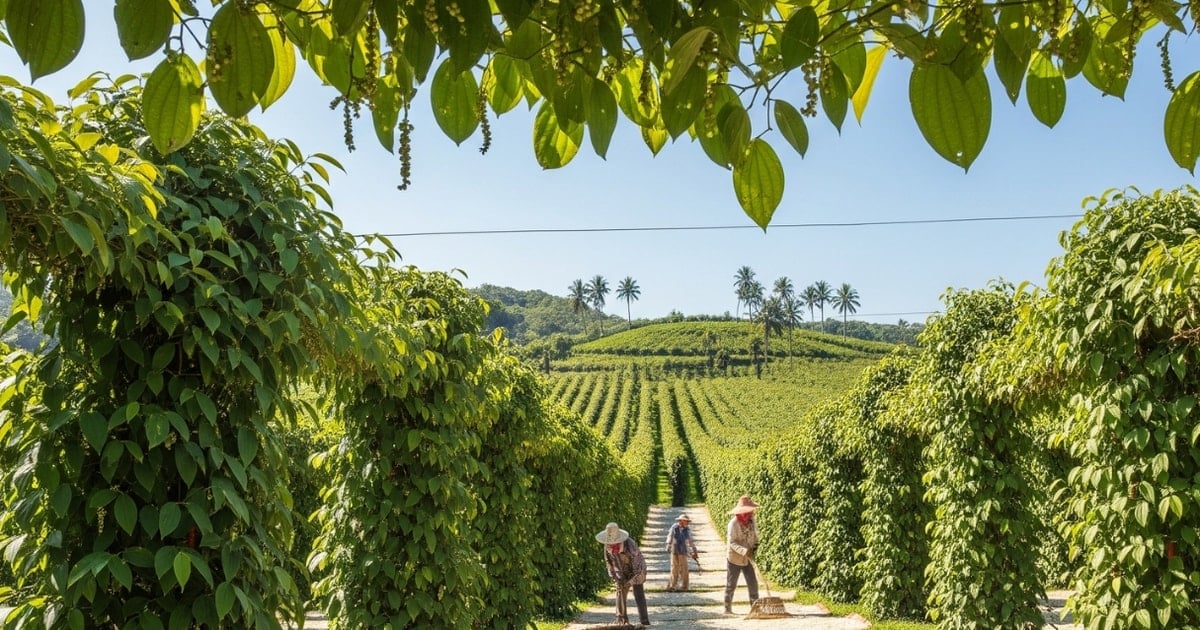



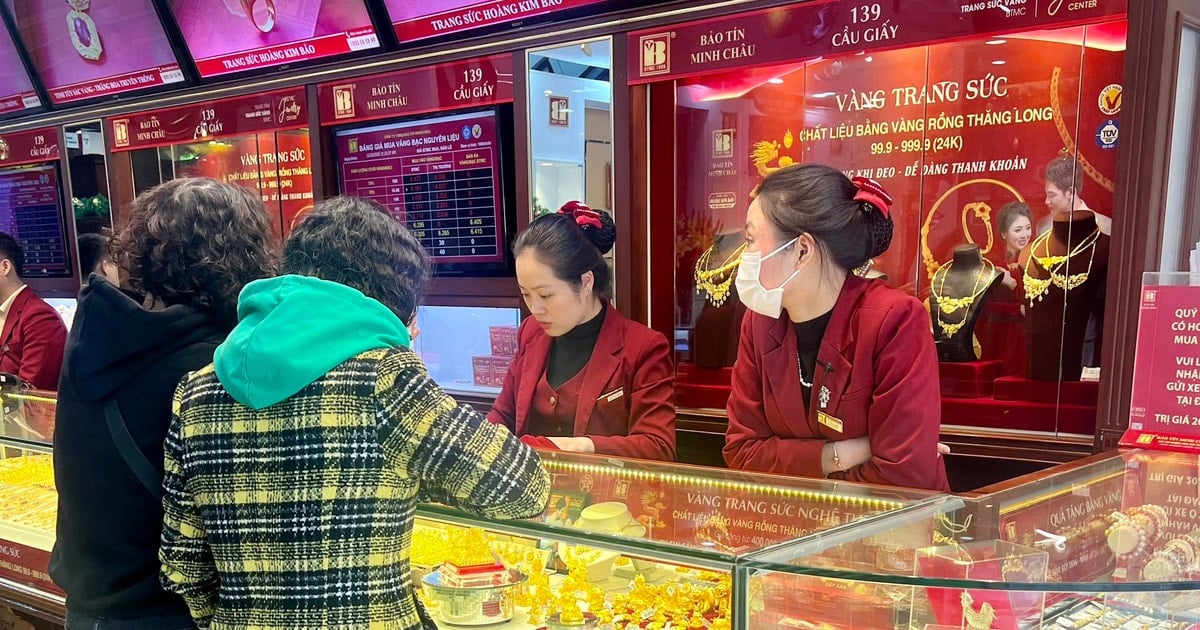
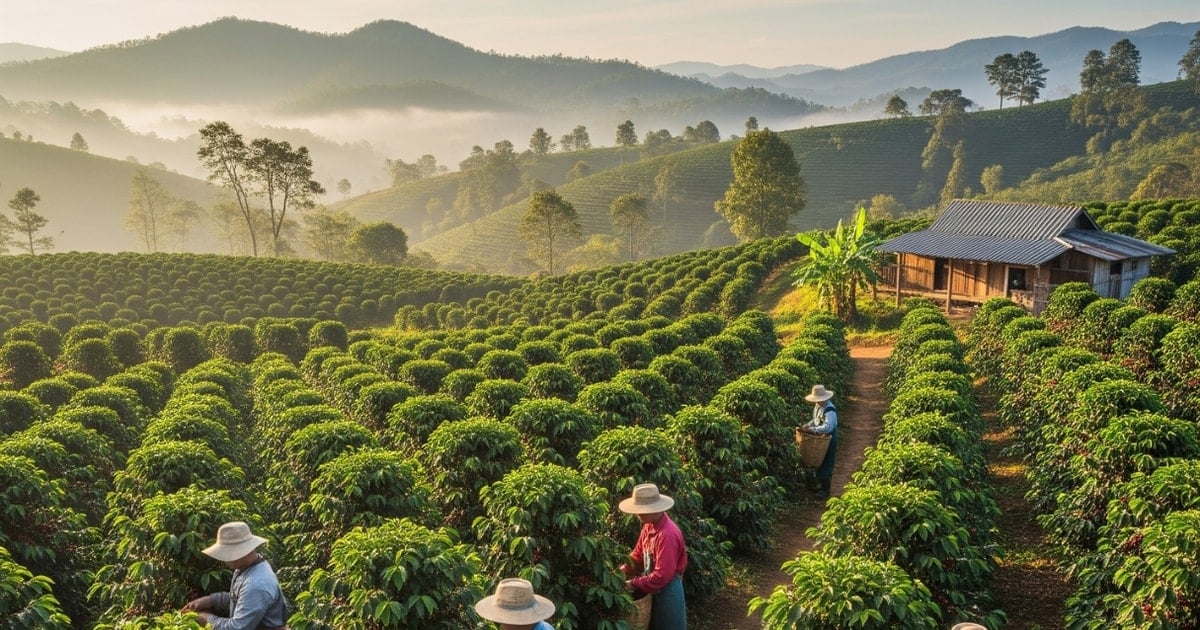
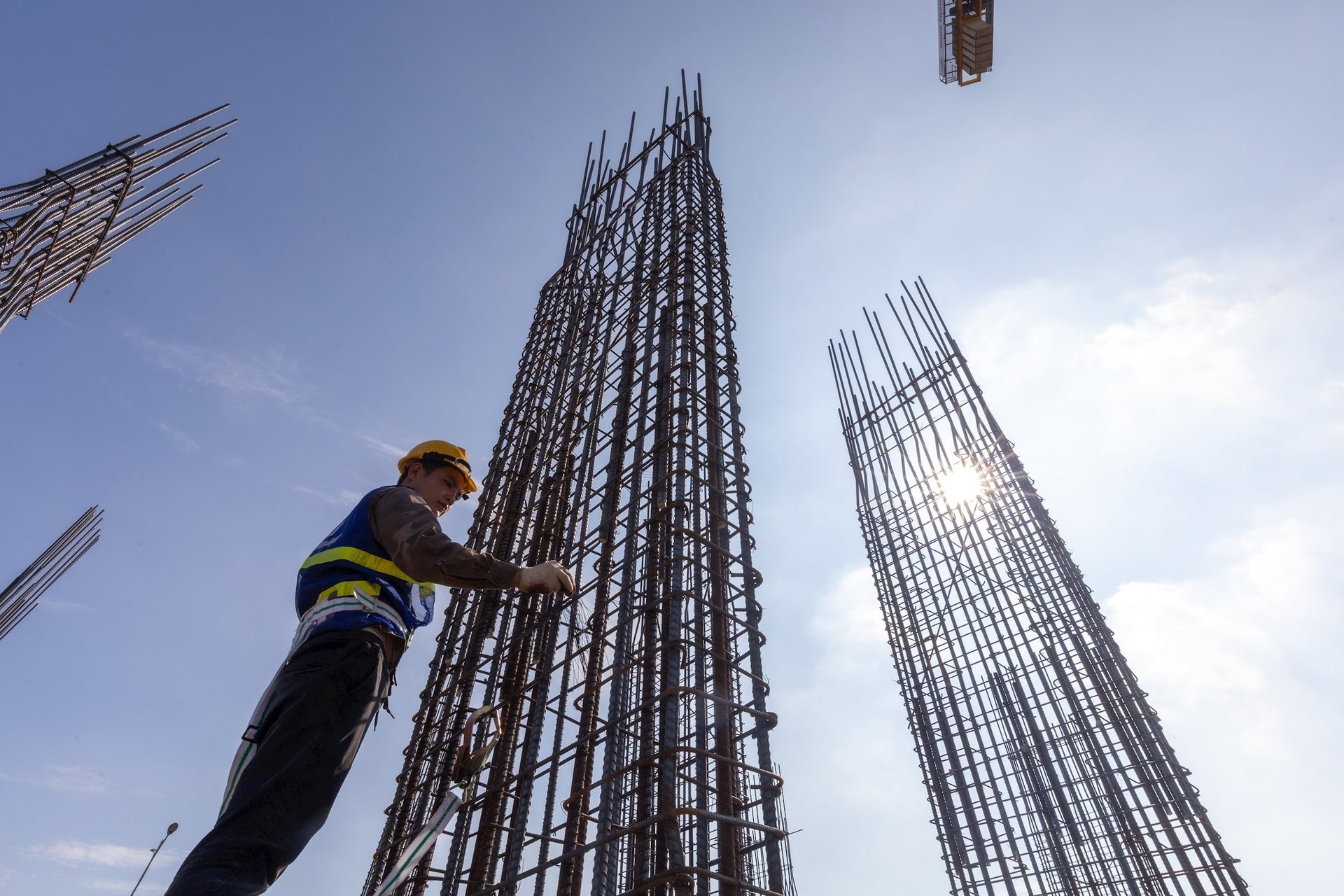

















Comment (0)